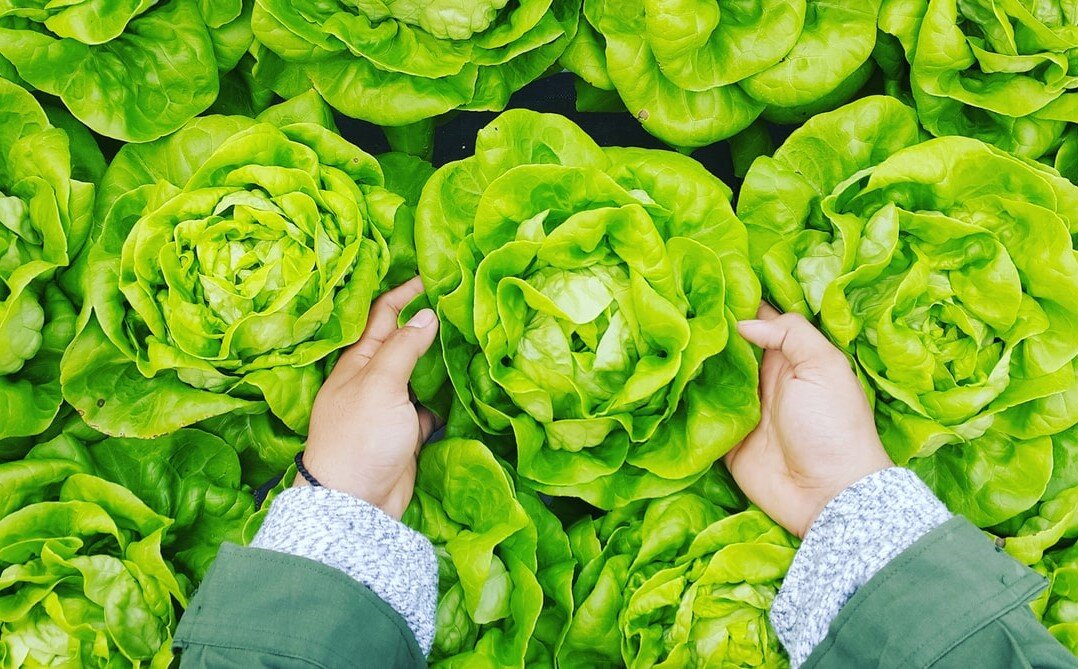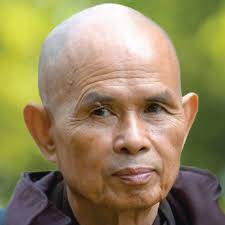
There are clues for living well everywhere you turn. Many of the same principles that govern in nature govern in the world of human affairs. Nature offers vivid illustrations of truth that can serve as powerful mnemonics (memory aids) throughout our lives. Recently I wrote an article entitled “Finding Inner Peace: Magical Quotes of Thich Nhat Hanh.” In it, I shared my favorite quotes from Thich Nhat Hanh, a Vietnamese monk, peace activist, and prolific author. Today I want to expound on a metaphor Hanh crafted that has wide implications for how we approach relationship conflict.
The Wisdom of Lettuce:

When you plant lettuce, if it does not grow well, you don’t blame the lettuce. You look for reasons it is not doing well. It may need fertilizer, or more water, or
less sun. You never blame the lettuce. Yet if we have problems with our friends or family, we blame the other person. But if we know how to take care of them, they will grow well, like the lettuce. Blaming has no positive effect at all, nor does trying to persuade using reason and argument. That is my experience. No blame, no reasoning, no argument, just understanding. If you understand, and you show that you understand, you can love, and the situation will change.
Reason is my natural resort in a conflict. You’re wrong, and I’m going to tell you exactly why you’re wrong. The problem is this approach rarely ever works. If it has any effect, it is usually to exacerbate the situation. Why does my reason not work? Because it’s less than half of the equation. One half is reason and the other half is emotions. I can reason about a situation from the outside, but I don’t have all the information influencing an individual’s thoughts and actions. At the same time, emotions are the primary driving force of life. Reason molds and directs emotions, but without emotions reason has no basis for action.
Keep your heart with all vigilance, for from it flow the springs of life.
Proverbs 4:23
When we show understanding, we connect on an emotional level. Understanding is the recognition that there are powerful emotions at work in the situation, even though we cannot fully understand them from the outside. That is not to say that people can use emotions to justify bad behavior. Emotions must be ruled on an individual level. But the key word is individual. We can’t rule other people’s emotions for them. The best way we can help people transform negative emotion is to show love. When we show love by understanding, people’s behavior will naturally improve because it has an emotional root.
Understanding awakens us to the human condition. It is the recognition that people are largely a product of their environment. Living well is as much about working with what you have as it is putting yourself in the right environment to thrive. It’s when the environment is right that an individual can reach their full potential. And there’s no telling how low an individual will go when the environment is not right.
American-British author and motivational speaker, Simon Sinek, captured in a talk on leadership and love just how critical the environment is to human well-being. Courage was the topic of conversation, an attribute people typically think has more to do with the individual than anything else. See the excerpt below from Leadership is about Love.

The courage to do the right thing in the face of overwhelming pressure–only the best leaders have that courage. Only the best leaders. And here’s the folly, courage is not some deep internal fortitude. You don’t dig down deep and find the courage. It just doesn’t exist. Courage is external. Our courage comes from the support we feel from others. In other words, when someone–when you feel that someone has your back. When you know that the day that you admit you can’t do it, someone will be there and say “I got you. You can do this.” That’s what gives you the courage to do the difficult thing. It’s not going off to an ashram [monastery] by yourself somewhere for four weeks and coming back and finding the courage. It’s not what happens. It’s the relationships that we foster. It’s the people around us that love us and care about us and believe in us. And when we have those relationships, we will find the courage to do the right thing.
Understanding can’t solve every problem, but it always makes the situation better. Remember this the next time you reach for a head of lettuce.

[…] You have to look at the situation objectively and identify the forces at work. As I illustrated in what lettuce can teach us about understanding, there is always a reason behind what people do. You may rightly think that the other person is […]
[…] role that stress can play in our lives, building on an analogy of lobsters. And you know how much I love nature analogies. The message is simple—today’s stress can be tomorrow’s […]